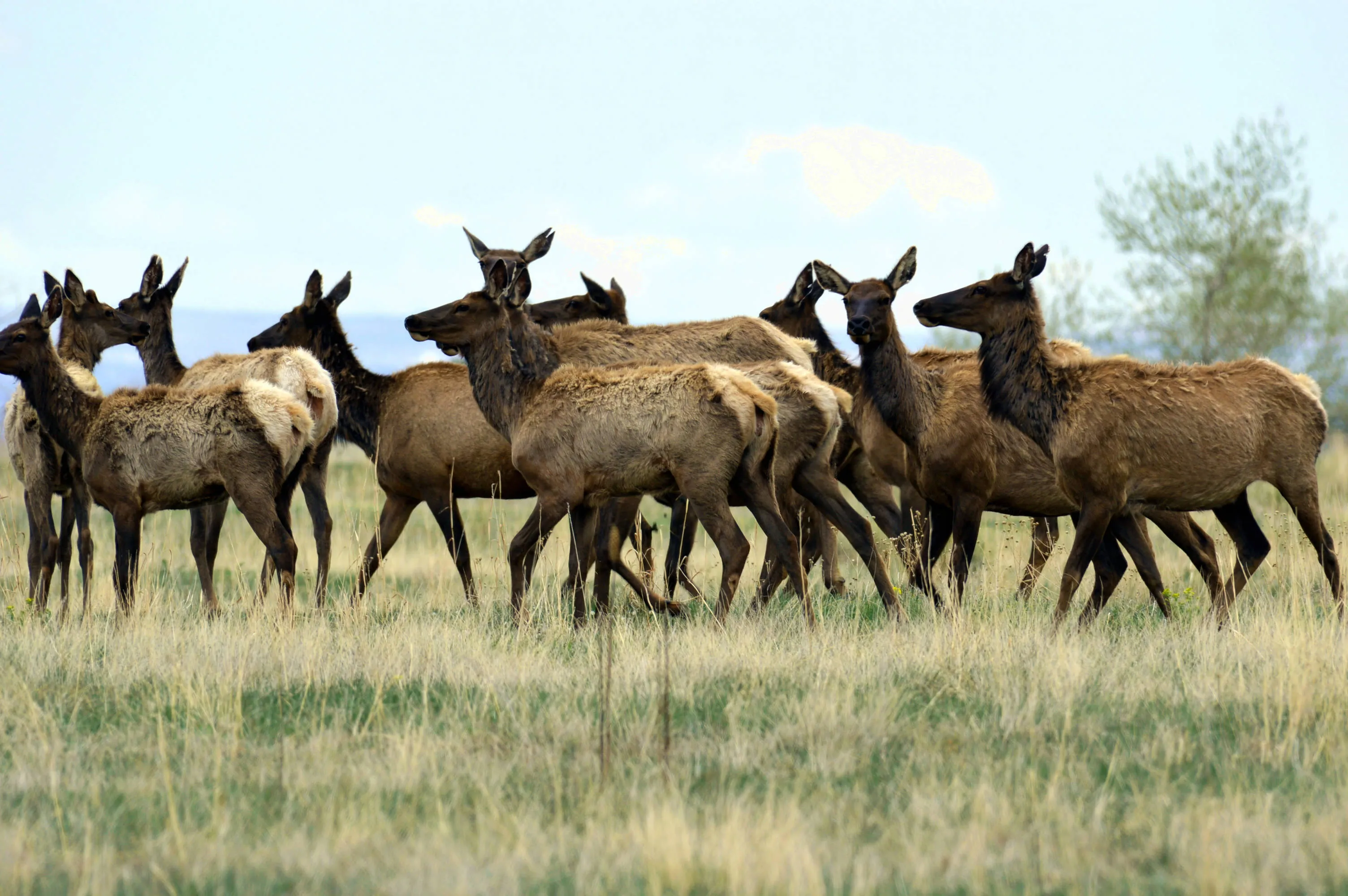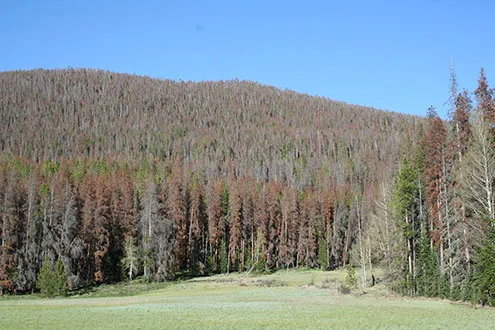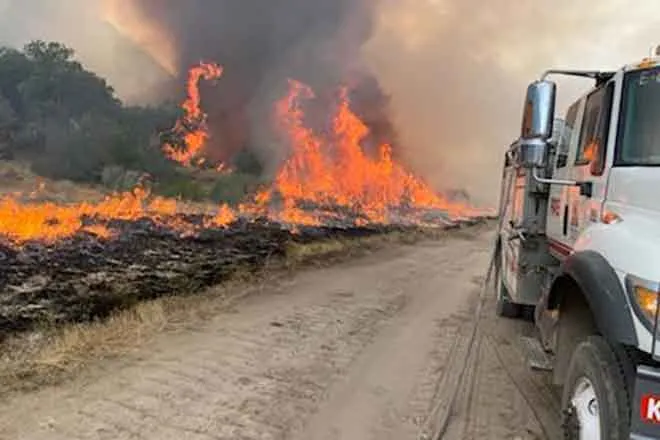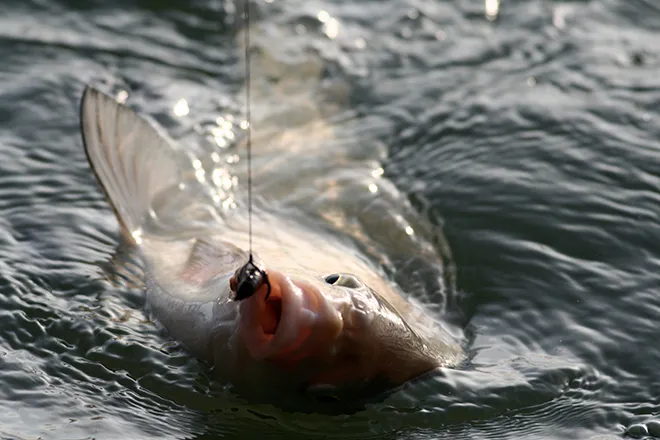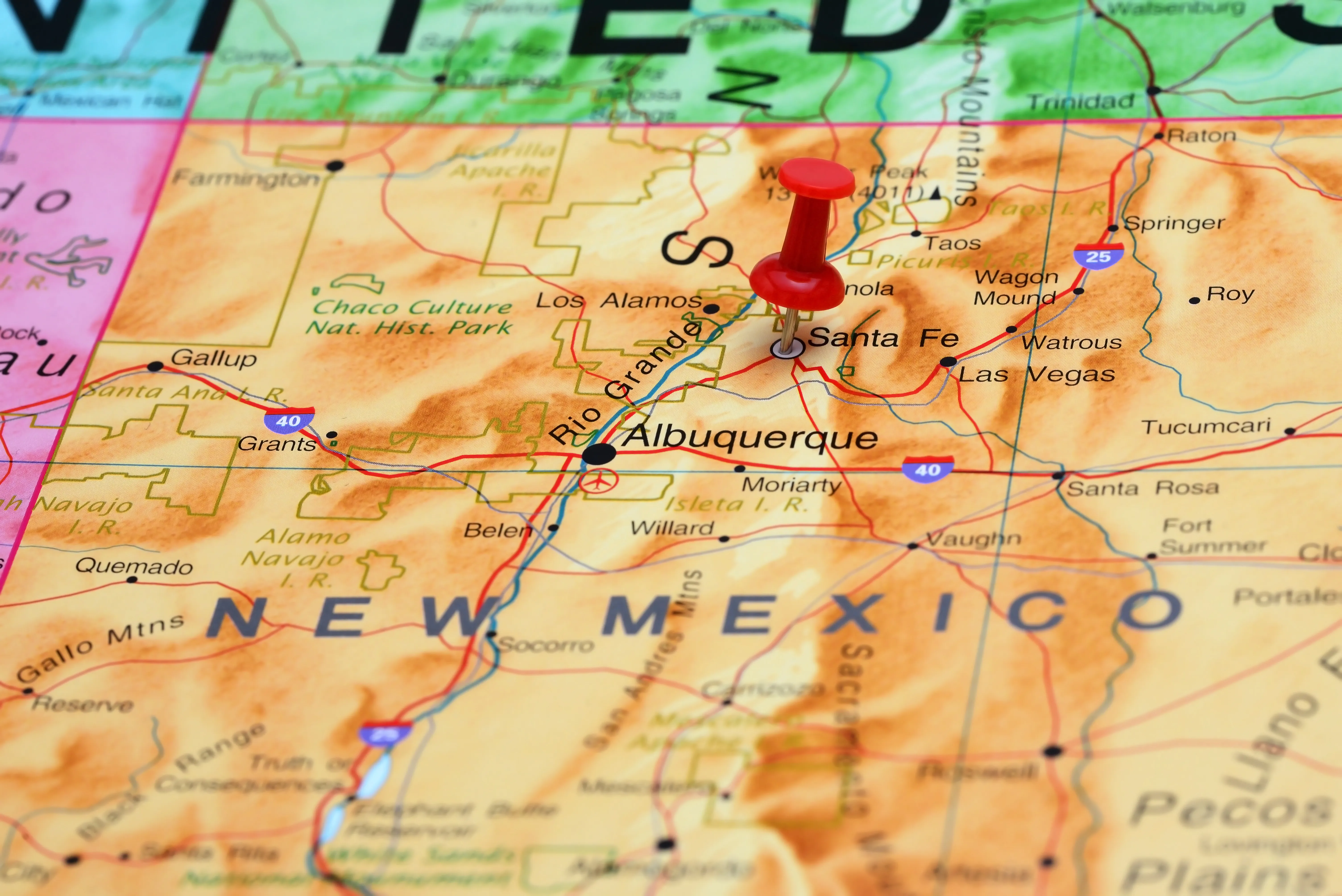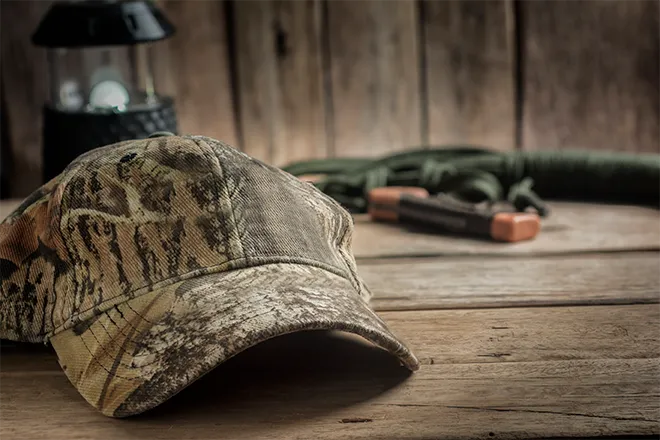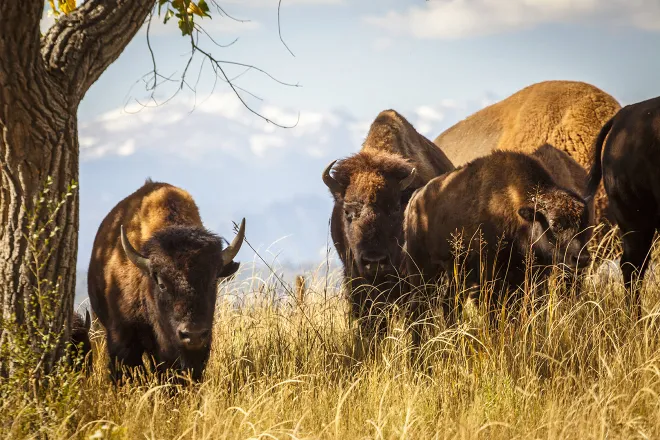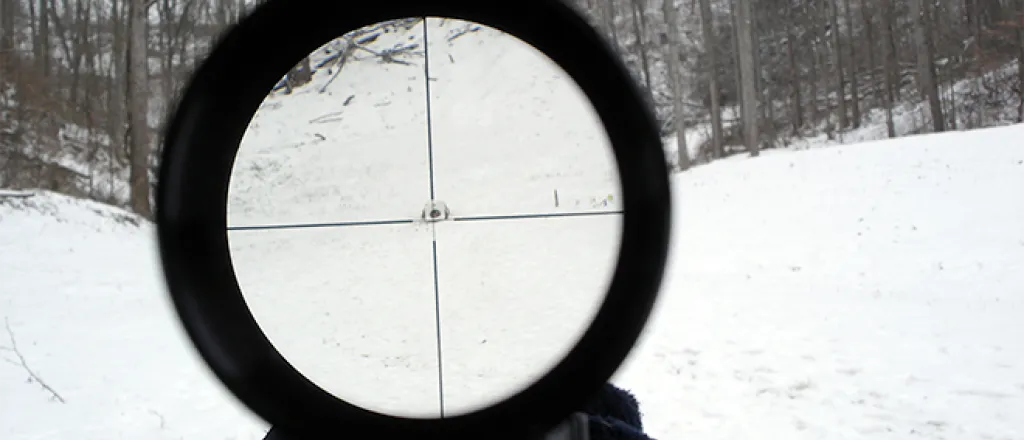
Hunting Tips - Take Your Cell Phone into the Backcountry
These days, most of us are dependent, to some extent, on our cell phones. While service can be non-existent or, at best, sketchy in remote areas, emergency rescue experts suggest that hunters carry their phones with them in the field.
Cell phones have become the most important tool for finding people who are lost or injured in the backcountry. Here are some tips on the use of cell phones in the backcountry.
Start your trip with the phone fully charged. You can always top off the charge in your vehicle on the way to your starting point. Also, turn on the phone’s automatic location setting. This allows emergency services to get a “ping” and calculate your position using GPS. Then, keep the phone turned off. When phones are on they are constantly searching for a signal which drains the battery. Try to store the phone close to your body – keeping it warm also helps conserve battery power.
Turn your phone on at least once each day for about five minutes. When powered up the phone will search for, and hopefully find, the nearest tower. Even though there might not be enough signal to make a call, it can be enough to leave an electronic trail that can be used later in an emergency.
Cell phones, like radios, work off of a line of sight. This means that land features such as mountains, heavy tree cover and rock formations can block signals. If you are going to make an emergency call, find the highest and most open location search for a signal. Hold the phone in the air at arm’s length and rotate around until you find reception.
I was on an elk hunting trip some years ago where the only service I would find was in a spot about 50 feet from camp, next to a fence line. I would power up the phone and check in twice daily from that location.
If you do not have enough reception to make a call, or if reception is spotty, it’s possible you can send a text message. Send it to someone you know, give the location and the problem you’re
having. Your friend can then call 911 with the information to request help. If the text doesn’t send, just keep moving. As soon as the phone locates a tower, the message will be sent.
Given that cell phone service is becoming available in more and more remote places, it’s a good idea to carry your cell phone with you in the backcountry.
Mark Rackay is director for the Montrose County Sheriff’s Posse. He can be contacted at info@mcspi.org.

